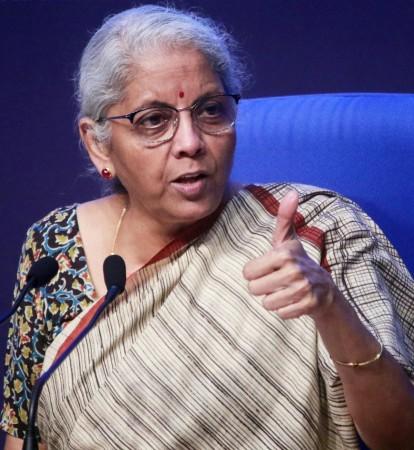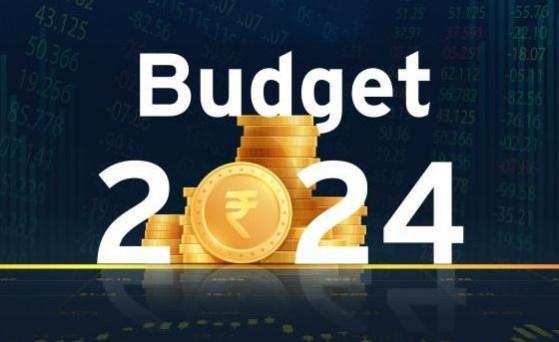
In a significant move aimed at simplifying the tax regime and reducing litigation, Finance Minister Nirmala Sitharaman announced a comprehensive review of the Income Tax Act, 1961 in her Budget speech for 2024-25. The review, expected to be completed in six months, is intended to make the Act more concise, lucid, and easy to understand. This is expected to provide tax certainty to taxpayers and reduce the demand embroiled in litigation.
The Finance Minister also announced the simplification of the tax regime for charities, TDS rate structure, provisions for reassessment and search provisions, and capital gains taxation. The two tax exemption regimes for charities are proposed to be merged into one. The 5 per cent TDS rate on many payments is being merged into the 2 per cent TDS rate and the 20 per cent TDS rate on repurchase of units by mutual funds or UTI is being withdrawn. The TDS rate on e-commerce operators is proposed to be reduced from one to 0.1 per cent.
In a move that will bring relief to taxpayers, Sitharaman proposed to decriminalize delay for payment of TDS up to the due date of filing statement for the same. She also plans to provide a standard operating procedure for TDS defaults and simplify and rationalise the compounding guidelines for such defaults.

The Finance Minister's announcements were part of a broader effort to simplify taxes, improve taxpayer services, provide tax certainty and reduce litigation while enhancing revenues for funding the development and welfare schemes of the government. The government's efforts to simplify taxes and improve taxpayer services have been a consistent endeavour, with all services under GST, Customs and Income Tax set to be digitalized and made paper-less in two years.
The government's gross borrowing was budgeted at Rs 14.13 lakh crore for the current financial year. This borrowing is crucial to fund the fiscal deficit and will be closely watched, especially after a significant dividend from the RBI. India's nominal GDP growth is estimated at 10.5 per cent, reaching Rs 327.7 trillion. With expectations of a normal monsoon, improved revenue collections, and a rural consumption uptick, growth estimates could be revised upwards. Real GDP growth is projected at 7.2 per cent by the RBI.
The interim Budget projected Rs 1.02 lakh crore from RBI and financial institutions. This will be revised upwards as the RBI has already made a surplus transfer of Rs 2.11 lakh crore in May. The efficiency of tax collection has improved over time, with the cost of collecting direct taxes dropping from 0.66 per cent of gross collections in FY20 to 0.51 per cent in FY23. The strong growth in both direct and indirect taxes, fueled by resilient economic activity and increased compliance, resulted in tax revenues exceeding conservative budgetary estimates.

The government also announced several measures to make life and health insurance plans more affordable for the average person. Anup Rau, Managing Director & Chief Executive Officer of Future Generali India Insurance Company, said making insurance products affordable and accessible to the masses will be crucial to ensure India achieves "Insurance for All by 2047" – a goal set by IRDAI - and this calls for certain tax incentives.
In a related development, employees of a start-up Byju's claimed that even though their taxes had been deducted from salary, the same were not handed over to the Government. This issue highlights the importance of the government's move to simplify the tax regime and provide tax certainty to taxpayers.
In conclusion, the government's comprehensive review of the Income Tax Act, 1961 and the simplification of the tax regime are significant steps towards providing tax certainty to taxpayers, reducing litigation, and enhancing revenues for funding the development and welfare schemes of the government. These measures, along with the digitalization of all major tax payer services, are expected to greatly improve the ease of doing business in India and boost the country's economic growth. The government's efforts in these areas are a testament to its commitment to creating a more conducive environment for economic activity and growth in the country.

















